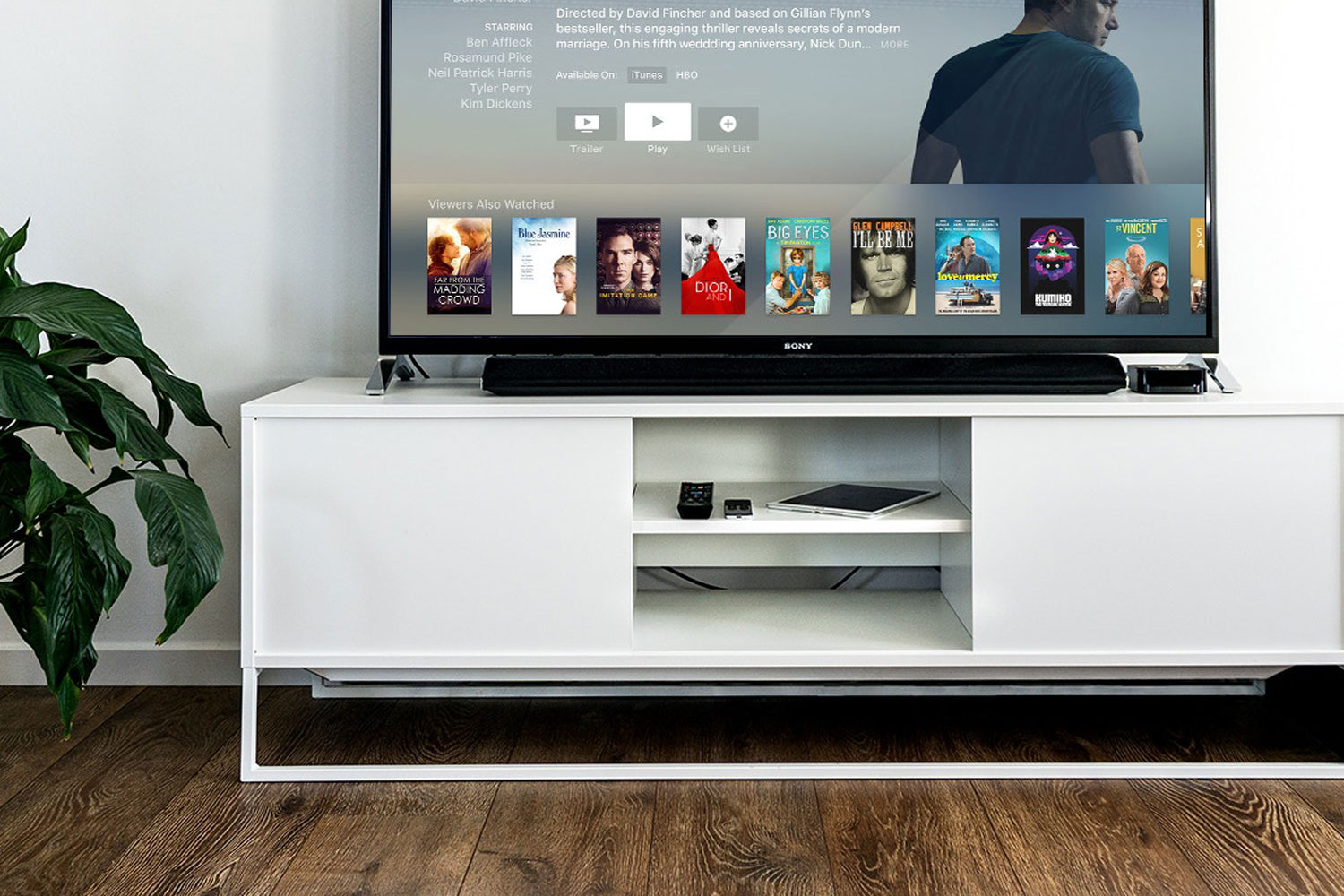This article was originally published by Beet.TV.
SAN JUAN — By dint of being digital and connected, new over-the-top TV services are supremely measurable. So why is that a problem?
In this video interview with Beet.TV, Omnicom Media Group chief research officer Jonathan Steuer opens up on the dilemmas presented by the emergence of connected TV platforms.
Interviewing Steuer for Beet.TV is veteran TV research executive Howard Shimmel.
“Traditional television measurement, in the Nielsen world, is based on impressions against a demo(graphic),” Steuer explains. “That comes from people pushing buttons on people meters, and so all of our advertisers actually believe, for better or worse, that what they’re getting is actual people.
“One of the challenges in advanced television and addressable and IPTV especially … is what we’re measuring are deliveries.”
Many in the advertising world are getting excited about the potential to deliver individualized ad creative to households or individual viewers, and to be able to measure exact numbers that watched.
In addition, new technology enables marketers to track the viewer of an ad all the way through to a store, demonstrating real effectiveness.
But Steuer observes an “interesting problem”.
“We’re measuring the server side,” he says. “‘This ad got sent to this device at this point in time’, and we can do demographic matching via Experian, or whoever, to figure out whose in the household.
“But, getting to that last mile of attributing which humans in that household where actually in front of the set when the ad aired, is still an unknown process. The models that comScore and Nielsen have built to deal with that, typically aren’t based on single-source measurement of what’s actually happening.”
Steuer says he is having to convince brands to pay up to 40% more for ad placements on connected TV platforms where he can prove humans were actually watching.


